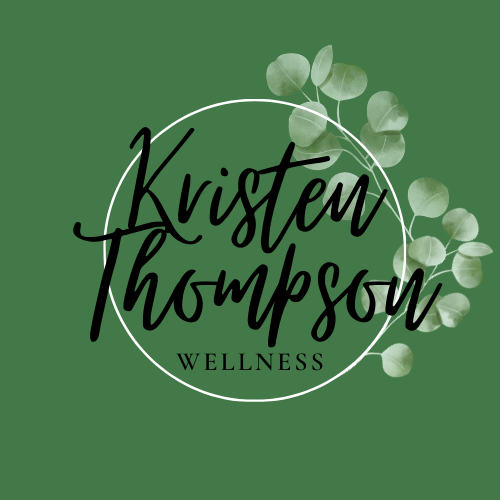The Practical Use of Water
The water you drink today hydrates your body for tomorrow.
Water affects every single system of your body. If you are dehydrated you can suffer from headaches, heartburn, low energy, cracked lips, dry skin, poor digestion and so much more. When you don’t get enough water it thins your esophagus lining and your bronchial tube lining, which can increase the chance of ulcers. It also reduces the production of hydrochloric acid which will inhibit digestion and increase your chances of experiencing heartburn.
So, how do you know if you’re drinking enough water? For a woman, you should drink anywhere from 8-12 (8 oz.) glasses of water depending on activity level, and men should drink 12-15 glasses of water. If you’re just starting to drink water regularly, it can feel overwhelming to read this. I know, cause I was there. I used to hate the taste of water and preferred coffee, tea, and juice. It was a long journey for me to actually be able to discern my body’s craving for water, but over the years I developed habits that built upon each other and helped me to drink plenty of water.
The first technique is to start early. When you first get up, have a glass of water next to your bedside and drink a few mouthfuls. Don’t try to chug a whole bottle of water at once, this can make you feel nausea and unable to eat breakfast. As you get dressed, brush your teeth, and get yourself ready for the day, drink a few more mouthfuls of water. This slow intake will help your body to metabolize the water and minimize bloating.
Then there is a rhythm and pattern on how to drink water effectively to best aid digestion and hydration.
When you get close to breakfast, actually stop drinking until an hour after breakfast. If you drink a lot of liquids during a meal it will dilute the hydrochloric acid and slow down digestion, making you feel bloated and tired. Some sips of water during a meal to cleanse the palette is fine, but try not to drink a whole glass.
Once an hour or so has passed after breakfast, continue drinking small mouthfuls of water throughout the morning until lunch, again taking a break during your meal. If you continue in this pattern you’ll notice that you’ve already drank the majority of the water your body needs by 3pm or so. This means you can relax the rest of the day and not worry about drinking a lot of water at night.
Don’t drink water for 1-2 hours before bed. The reason for this is digestion naturally slows at night, and you can get edema in your feet. When you wake up and put your feet on the ground in the morning and find that they hurt, you could have a little edema going on from drinking too much liquids before bed.
Each of these techniques can be added to your routine a little at a time. Choose one and start there, then in a week or two choose another to add. When you change your habits in this way you create a stair step to success that will give you long lasting success.
To recap:
Drink water as soon as you wake up, sip throughout the day.
Don’t drink water 1/2 hour before or 1 hour after a meal.
By drinking the majority of your water in the morning, you can relax the rest of the day.
Don’t drink water 1-2 hours before bed to reduce edema in the morning.
I hope these tips help, if you have any questions you can leave them in the comments below.
Blessings,
Kristen
